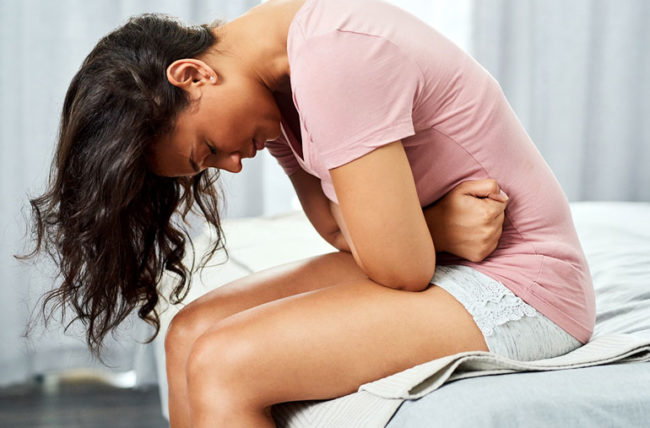Irritable Bowel Syndrome (IBS) is a common gastrointestinal disorder that affects millions of women worldwide. IBS is characterized by a group of symptoms that can include abdominal pain, bloating, gas, constipation, and diarrhea. The exact cause of IBS is unknown, but it is thought to be related to problems with the way the muscles in the gut contract and relax, as well as changes in the way the brain and gut communicate.
Symptoms of IBS in Female
The most common symptoms of IBS in women include:
Abdominal pain: This can be a dull ache or a sharp pain that is usually relieved by a bowel movement.
Bloating: This can be caused by gas trapped in the gut, which can make the abdomen feel swollen and distended.
Gas: This can be caused by swallowed air or by bacteria breaking down food in the gut.
Constipation: This can be caused by slow movement of food through the gut or by difficulty passing stool.
Diarrhea: This can be caused by rapid movement of food through the gut or by difficulty absorbing water from food.
Mucus in the stool: This can be caused by inflammation in the gut.
Urgency: This is the feeling that you need to have a bowel movement right away.
Incontinence: This is the inability to control bowel movements.
Fatigue: This can be caused by a lack of sleep or by stress.
Headaches: This can be caused by tension in the muscles of the head and neck.
Treatment for IBS in Female
Diet and lifestyle changes: One of the most effective ways to manage IBS is to make changes to your diet and lifestyle. This can include eating smaller, more frequent meals, avoiding foods that trigger symptoms, and getting regular exercise.
Medications: There are several medications that can be used to treat IBS, including antispasmodics, laxatives, and antidiarrheals. These medications can help to relieve symptoms and make it easier to manage the condition.
Fiber supplements: Fiber supplements can help to bulk up the stool and make it easier to pass. This can be especially helpful for women who experience constipation.
Probiotics: Probiotics are beneficial bacteria that can help to balance the gut microbiome. They can be taken in supplement form or found in fermented foods like yogurt and kefir.
Mind-body therapies: Mind-body therapies like yoga, meditation, and cognitive-behavioral therapy can help to reduce stress and improve overall well-being.
Surgery: In some cases, surgery may be necessary to treat IBS. This may include a procedure called a colectomy, which involves removing part of the colon.
Alternative therapies: Some women find relief from IBS through alternative therapies like acupuncture, herbal medicine, and homeopathy.
Conclusion
IBS is a common condition that affects millions of women worldwide. Symptoms can include abdominal pain, bloating, gas, constipation, and diarrhea. While the exact cause of IBS is unknown, it is thought to be related to problems with the way the muscles in the gut contract and relax, as well as changes in the way the brain and gut communicate. Treatment for IBS in female can include diet and lifestyle changes, medications, fiber supplements, probiotics, mind-body therapies, surgery and alternative therapies. It is essential to consult with a healthcare professional for proper diagnosis and treatment.

 Home
Home Health
Health Diet & Nutrition
Diet & Nutrition Living Well
Living Well More
More












